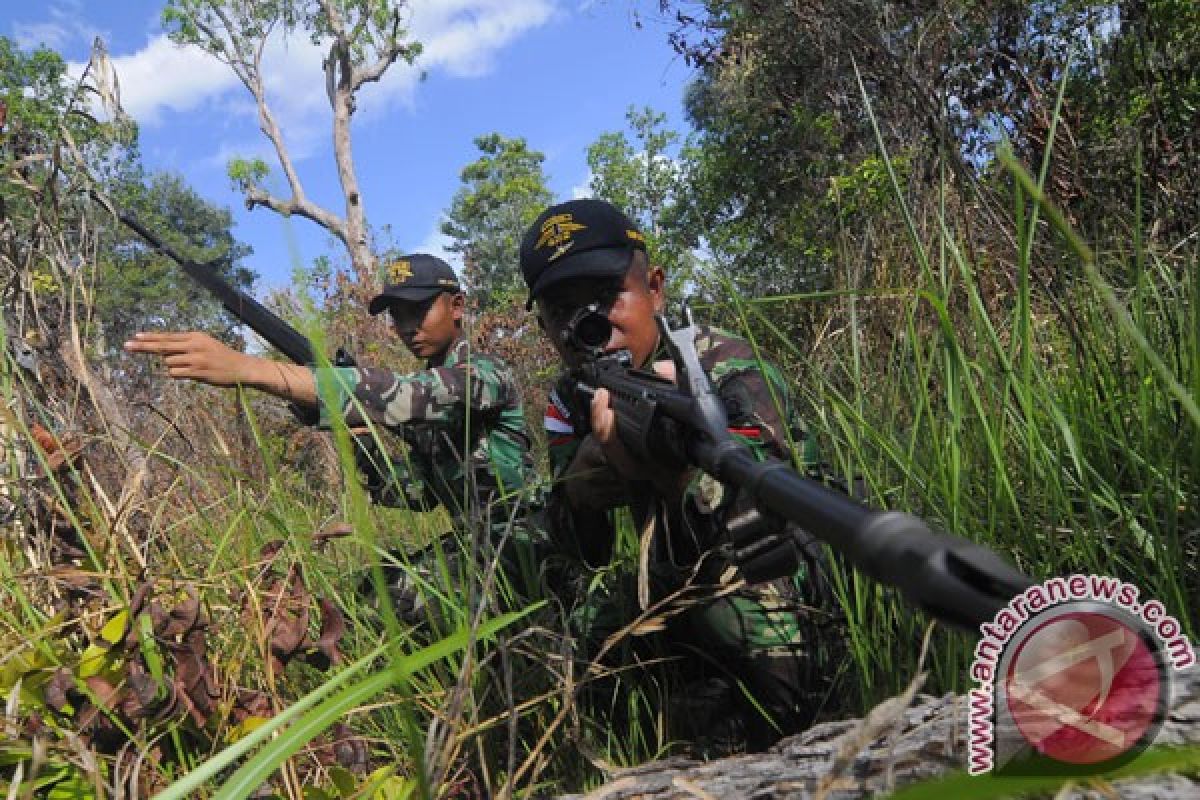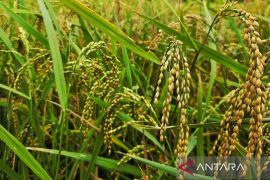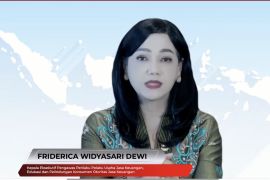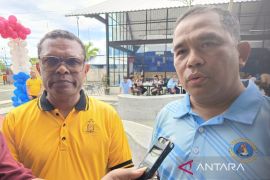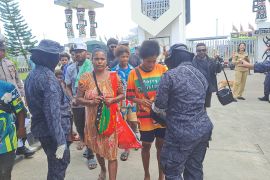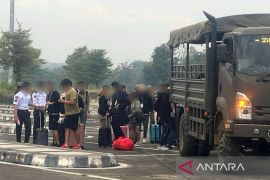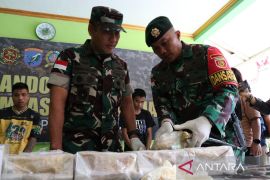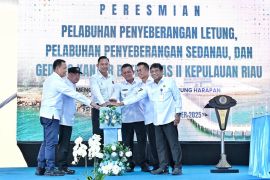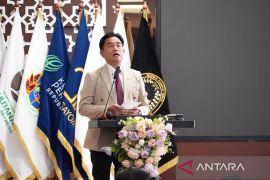The problem existing in the Indonesian border areas concerns peoples prosperity and economic backwardness as a result of the lack of transportation means, health facilities and low education.
"Border problem is not merely a problem of building a fence or a wall but also a problem of improving matters in the yard (namely the welfare condition of people inside the complex)," Anies Baswedan stated during a debate in a Democratic Party (PD) presidential candidate convention event in Balikpapan, East Kalimantan, on Saturday.
Prosperity problem in the border areas is a crucial thing for the government to resolve. After all, many people who are crippled with poverty endured hardships with the absence of public facilities. Improving peoples welfare will reduce infant and maternal mortality rates which are high during labor.
"One of the reasons is the lack of transportation facilities to the public healthcare centers," Anies, who is one of the 11 participants of the ruling Democratic Party (PD) presidential candidate convention, said.
Besides welfare problem, security is also a matter that the government needs to pay attention to in the border areas. "State leaders firm attitude will have a good impact on the countrys security," Anies, who also rector of the Paramadina University, noted.
Yet, all this must be built with all sectors, including the economy, to establish a universal resilience for the nation in the border.
Therefore, the government needs to develop new economic growth centers in border areas to build economic and social resilience that will serve as a strong fortress of the nation.
According to Hayono Isman who is also a participant of the presidential convention, border areas could not be guarded with personnel from the military only. The peoples defense must be strengthened with building their resilience through socio-economic cultural development.
"It is not enough for the border areas to be guarded with military personnel who so far have done a wonderful job. A defense of people resilience also needs to be built," Hayono Isman said.
For this purpose, the government should create new economic development centers so that the peoples economy in the border areas will grow and health services will also develop.
"Through the development of new economic growth centers, the government will automatically create strong fortresses in areas bordering other neighboring countries," Hayono, who is also a former sports and youth affairs minister, said.
He said that if he is elected president in the coming presidential race on July 9, 2014, he will resume the previous presidents policy, namely President Susilo Bambang Yudhoyono, who has protected this nation from the invasion of other country.
"I was proud of President Susilo Bambang Yudhoyono during the conflict with Malaysia over the Ambalat issue. He was standing on the deck of a warship which was only about 100 meters from the sea border with Malaysia. His body language suggested that if that country invaded Ambalat, we are ready to wage a war. And I will follow this attitude to protect any single span of Indonesias border areas," he stressed.
He reiterated the need for the involvement of the people in guarding border areas with improving their welfare through advancing economic, health and education development in areas which shared borders with neighboring countries.
"We need to guard border areas by building peoples resilience as a strong defense. And this could be done by creating new economic growth centers there," Hayono Isman, who is also a senior cadre of the Democratic Party, said.
Besides, infrastructure is another issue which is also crucial for advancing economic development and improving the prosperity of the local people in areas sharing border with other countries.
"If I am elected president, I will increase spending for the development of infrastructure. The infrastructure funds to be set aside will account for about 3 to 4 percent of the national Gross Domestic Product (GDP)," Gita Wirjawan, who is also one of the 11 presidential convention participants, promised.
He explained that the budget for infrastructural development now was still less than one percent of the GDP. The former trade minister who recently resigned for concentrating on the presidential race activities this year said that he had three approaches in his development programs for advancing areas bordering with other countries.
The three development approaches are prosperity approach, security approach and sustainable development approach.
He said that he will raise the defense budget which he said now was still small. "I will increase defense budget to three percent of the GDP from the present 0.8 percent," he added.
With regard to the improvement of the peoples welfare, Gita said, if elected president, he will intensify the development of infrastructures. Adequate infrastructure, according to Gita, will determine the success of the efforts to improve the welfare of people.
On his program to carry out sustainable development, Gita said he will also focus on preserving the environment to protect the existence of flora and fauna.
In the meantime, people in the border areas also need to nurture their sense of nationalism. In this case, the other convention participant, Pramono Edhie Wibowo, said he will build the spirit of nationalism of people.
"The sense of nationalism must be reinforced. We should not merely build fortress or walls, but also nationalism. Yet developing nationalism should not cause other sectors to remain untouched. Border areas should not lag behind other areas in the country,"Pramono Edhie Wibowwo said.
He said that if elected president he would build border areas in accordance with the required conditions. The development should involve investors but should not forget native investors.
"Other investors can be invited but we should not forget the local ones. They should be involved in development in building their spirit and in improving their welfare. They should not be deprived of their own natural resources," Pramono Edhie assured.
(T.A014/A/A014/S012)
Reporter: Andi Abdussalam
Editor: Aditia Maruli Radja
Copyright © ANTARA 2014
